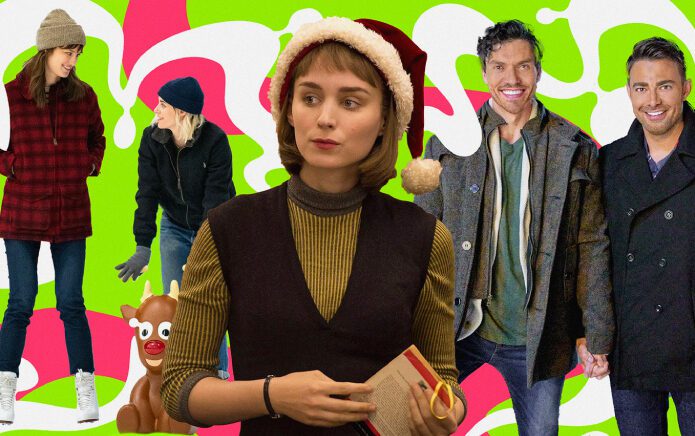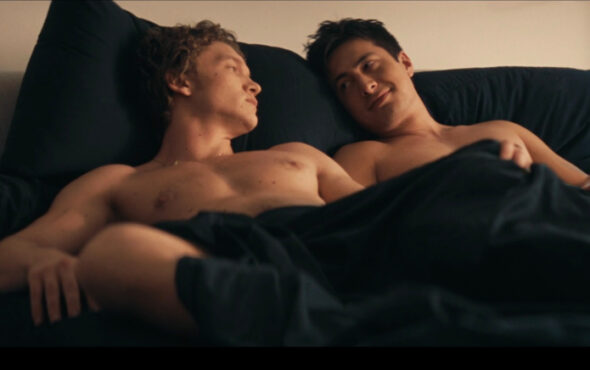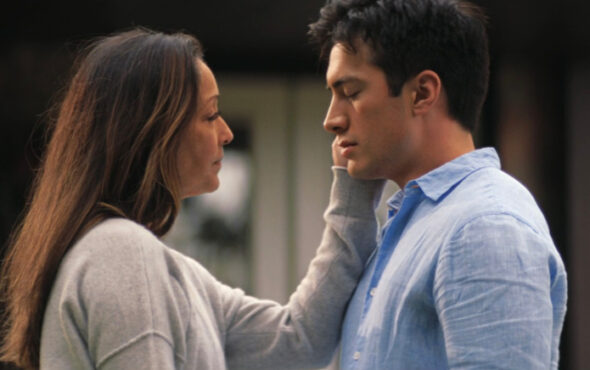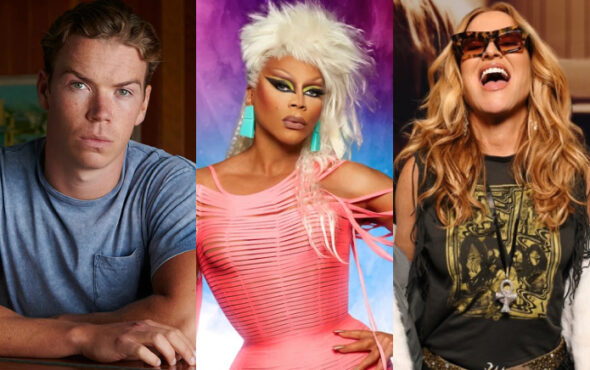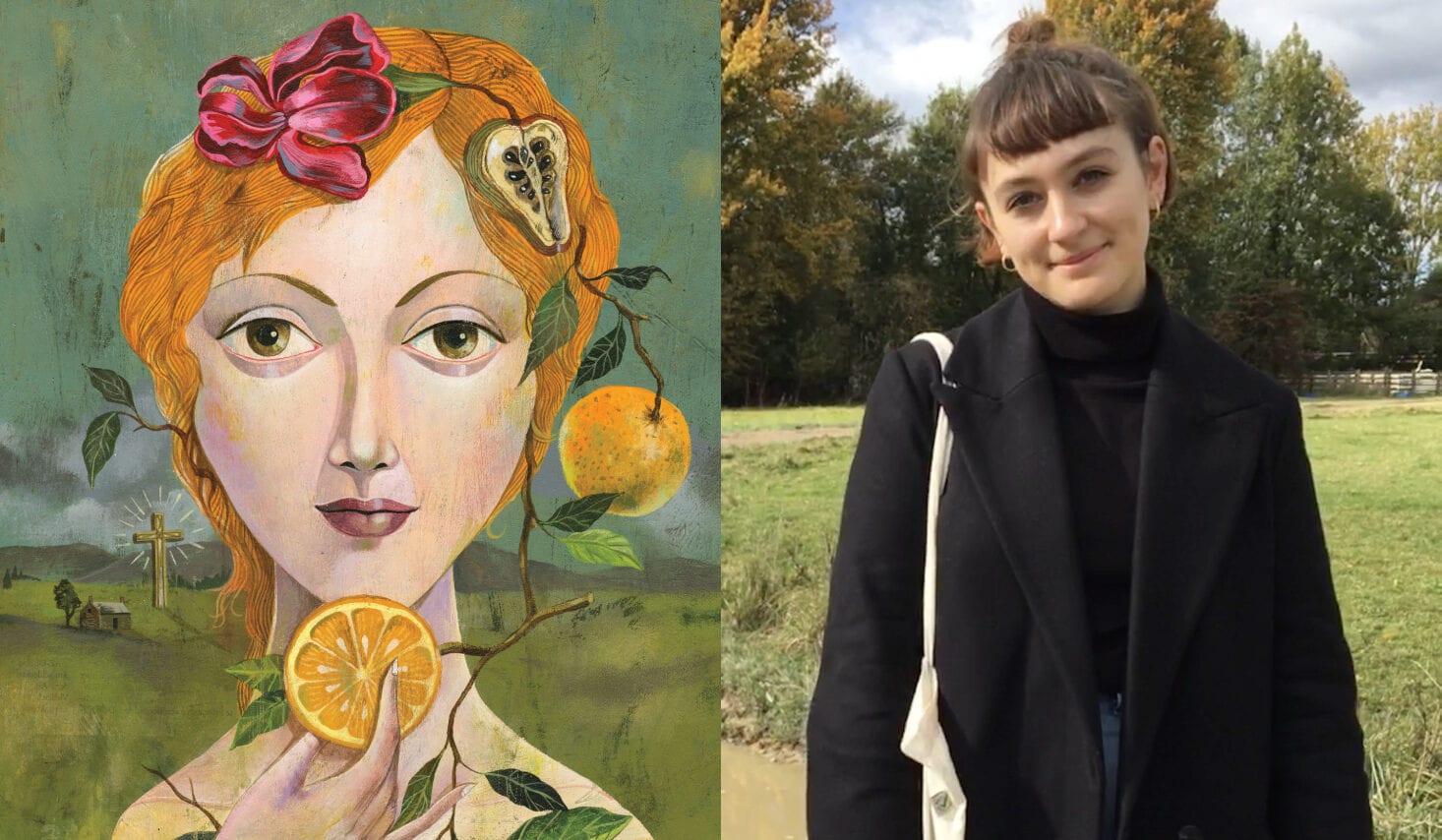
Picture the scene: wild horses roaming free, pubs bursting at the seams and donkeys in car parks. Pretty bucolic but, also, pretty white, pretty heterosexual and pretty cisgender. This is the environment I grew up in – a tiny town in southern England. As you can imagine, there was a distinct lack of LGBTQ+ role models so I turned, as so many of us do, to books.
To its credit, it did once win market town of the year. But it didn’t show me that being LGBTQ+ is something to be celebrated. I didn’t even hear the term bisexual until I was 17. Nowadays I’m a volunteer ambassador with Just Like Us, speaking in schools about being LGBTQ+. But growing up, I didn’t have school talks or Pride Groups that Just Like Us run.
Instead, I turned to books. Reading from the safety of the closet became my source of power. So, in the hope of maybe helping someone else in a tiny town with very few out bisexuals, here are the books that helped me realise that I’m a proud bisexual woman.
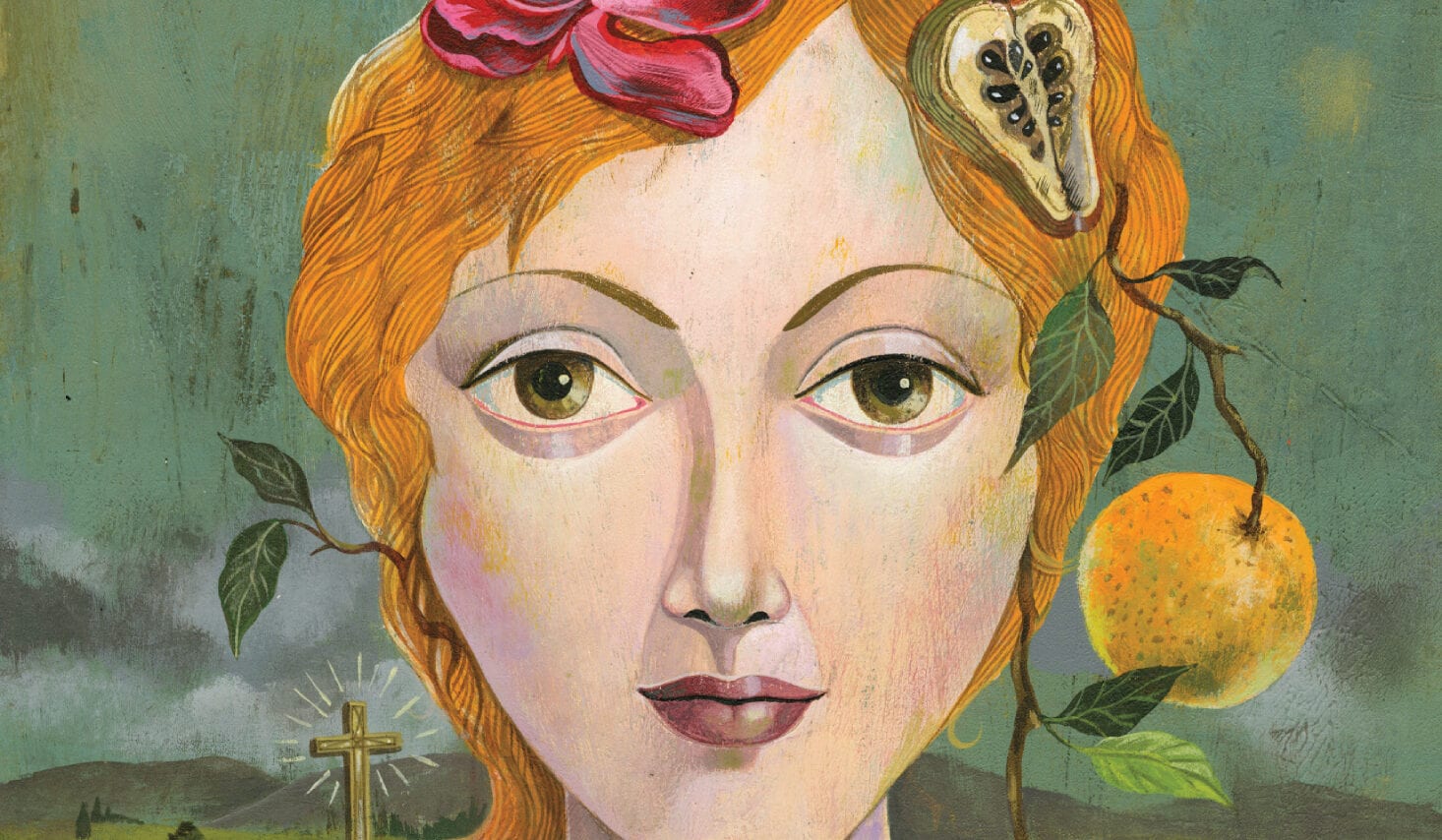
Jeanette Winterson’s Oranges are Not The Only Fruit
A necessary read to realise straight is not the only sexuality. Set in a gritty northern town, with a bunch of confused sexuality and religious trauma, this made for a landmark read in my teens. It’s so powerful, and was the first time I met a character who also couldn’t shake the feeling she might fancy girls.
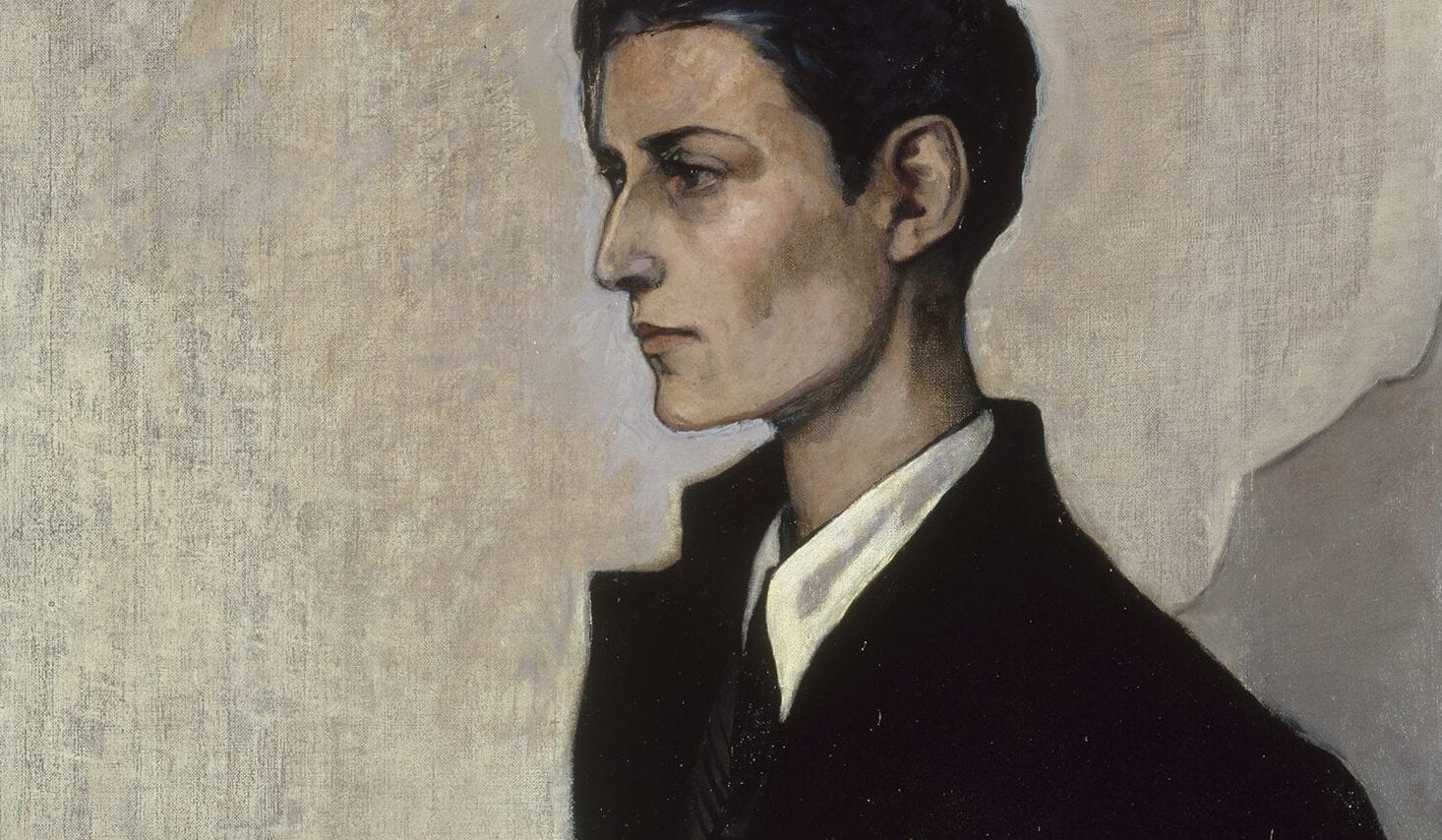
Radclyffe Hall’s The Well of Loneliness
I think a lot of LGBTQ+ teenagers experience their school years as a sort of well of loneliness. Hopefully Just Like Us’s vital work is changing that, but this cathartic and tragic tale of a lonely lesbian trying to figure out her gender identity resonates just as much now as it did in 1928. Hall hails from my nearest city, so knowing about a smidgen of queer history a mere 10 minute drive away seriously helped.
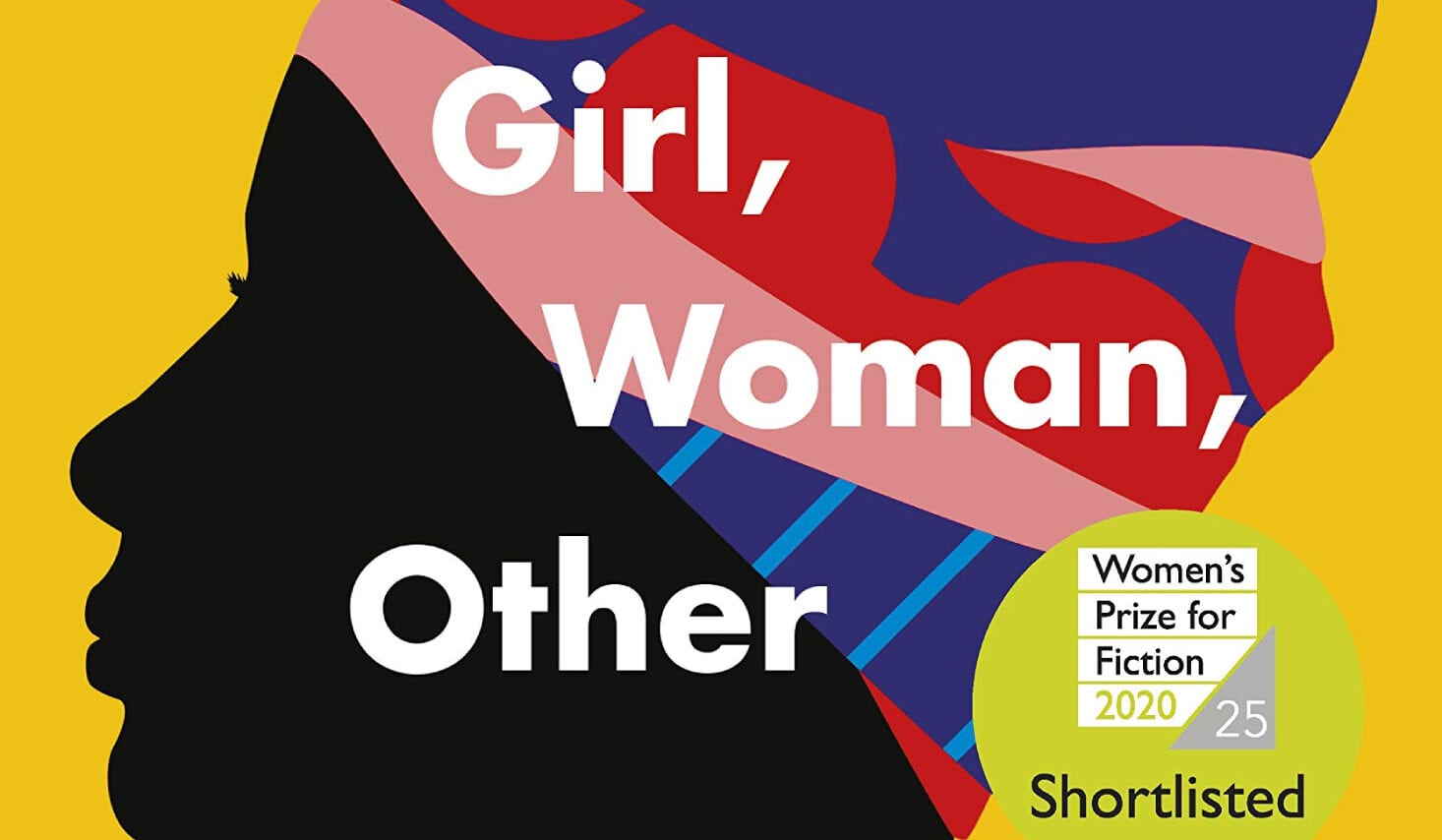
Bernardine Evaristo’s Girl, Woman, Other
Eagle-eyed readers will notice this came out last year, so I can’t possibly have read it as a teenager, but I include it because I so wish it had existed back then. The book is proof we don’t come out once and never think about our sexuality again.
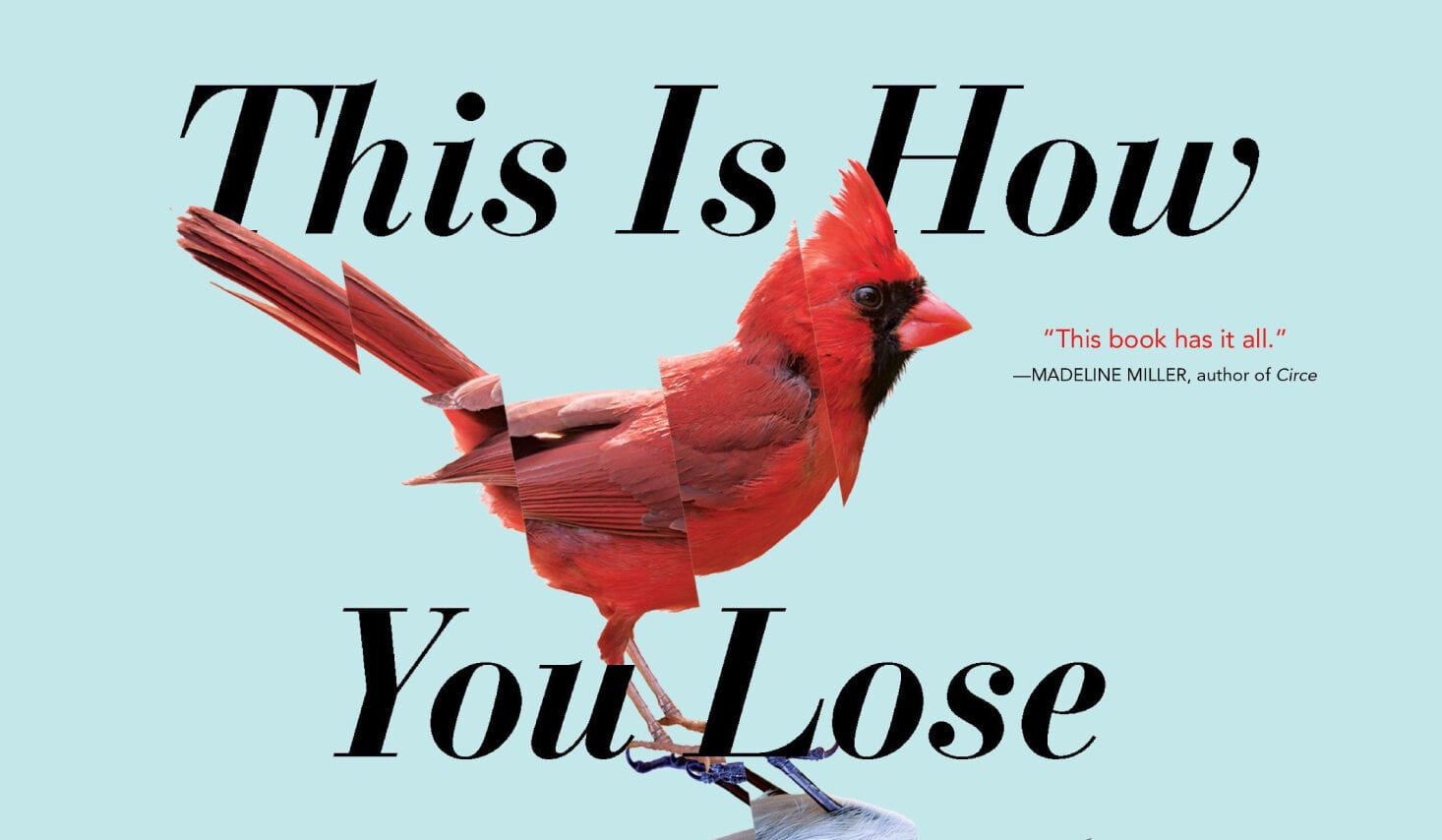
Amal El-Monthar and Max Gladstone’s This Is How You Lose The Timewar
This dystopian novella features a pair of star-crossed lesbian lovers across time periods and on opposite sides of a war. The enigmatic women warriors are icons and role models for any young LGBTQ+ person who’s ever felt excluded or unaware of their power.
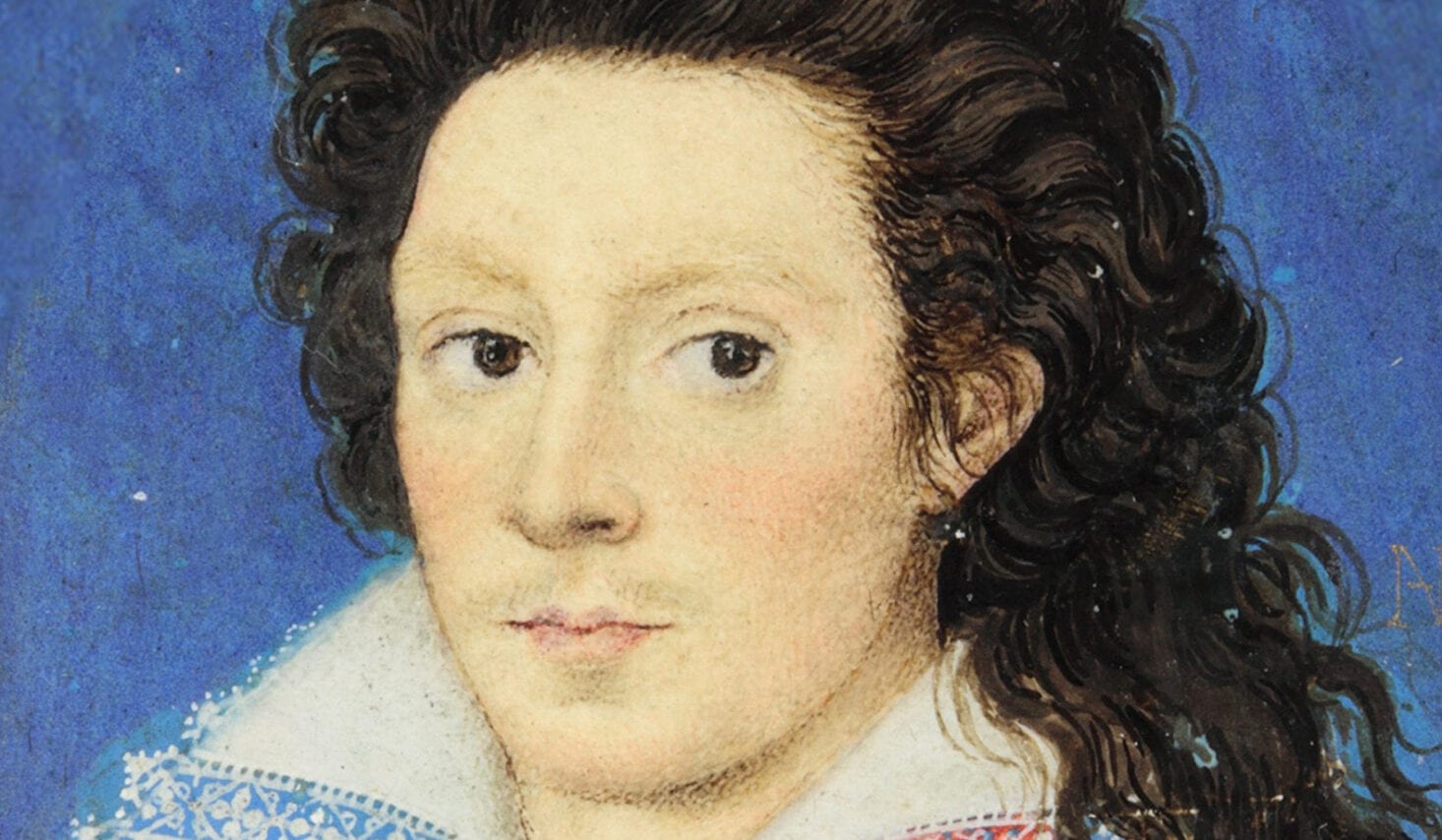
Virginia Woolf’s Orlando
This is an iconic swashbuckling tale of an aristocrat, pirate, princess and more, who shifts between identities, genders and lovers faster than you can keep up with. The main character was inspired by Virgina Woolf’s real-life girlfriend Vita Sackville-West – a romance for the ages and one that firmly helped me find my footing in LGBTQ+ history. You’d be hard-pressed to find a bisexual’s bookcase without an annotated, watermarked copy of this classic.
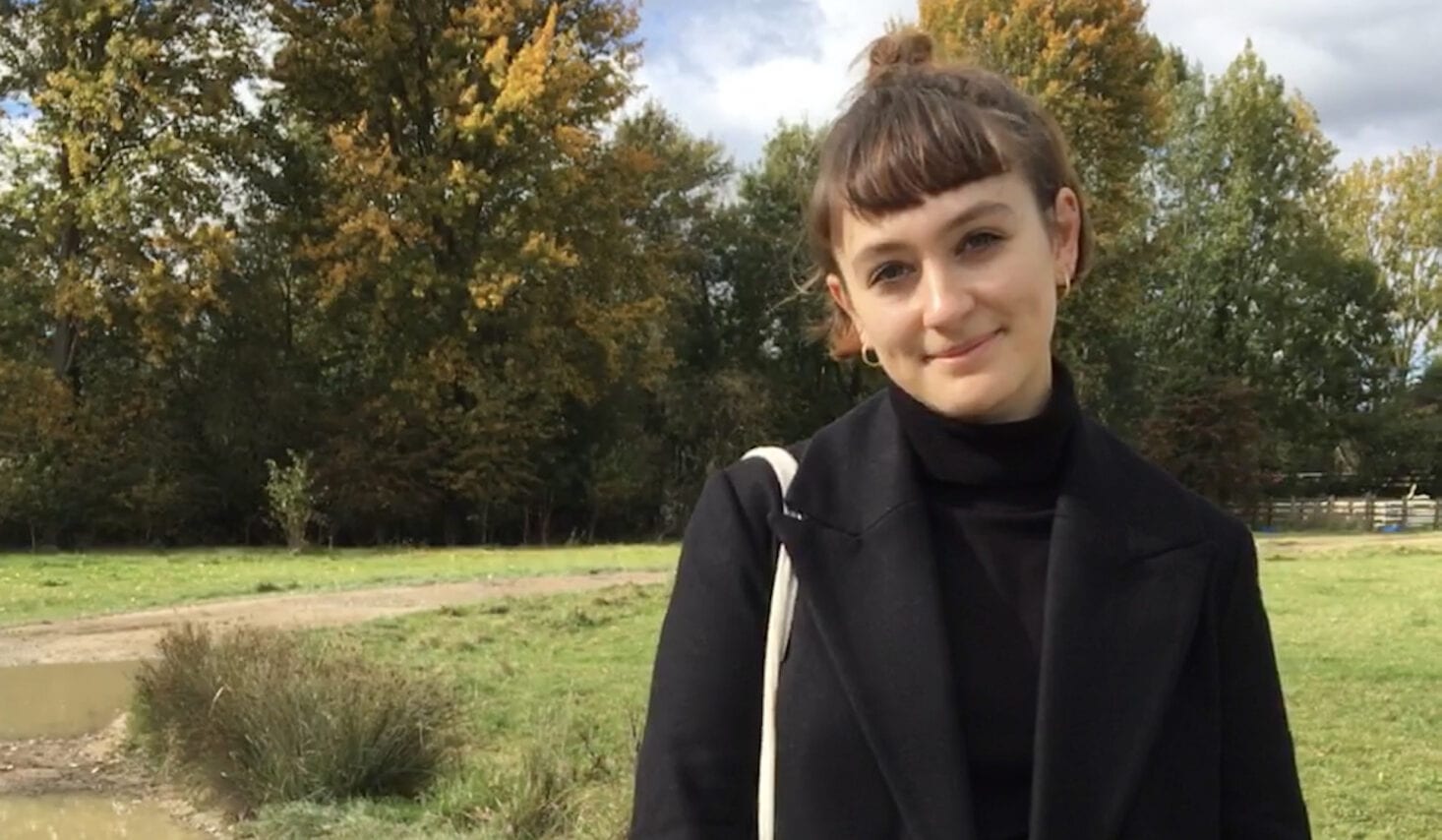
These days I volunteer with LGBT+ young people’s charity Just Like Us and I no longer need to rely upon books as my sole source of community. I hope that me volunteering as an ambassador in schools has shown young LGBTQ+ students that it is possible to thrive.
I think of the A Level English student, desperately trying to prove that Nick and Jay Gatsby might have had a bit more than a friendship, and can barely believe that is me.
Just Like Us has made me so much prouder, and stronger, resilient in the face of attacks on our identities, but there’s no doubt at all that I wouldn’t be here today without those dog-eared copies of Jeanette Winterson and Virginia Woolf novels rattling around in my backpack.
